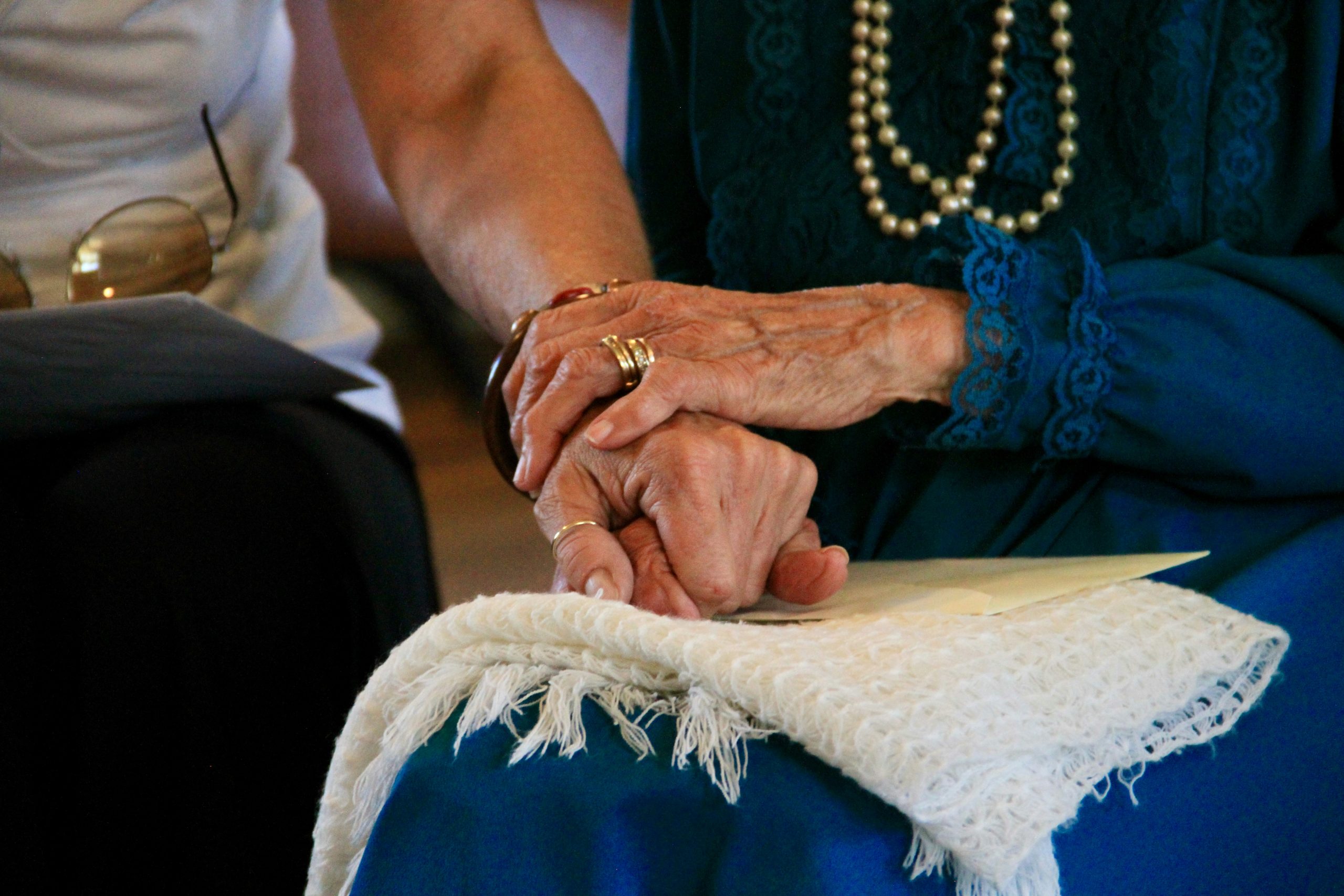
About Course
This 5-credit CEU course is designed to support caregivers, family members, and professionals in developing, organizing, and leading Compassion Circles. These circles provide a safe and nurturing space for connection, reflection, and shared healing. Drawing on yoga philosophy, meditation, breathwork, storytelling, journaling, and neuroscience, participants will learn how to hold space for others while caring for themselves.
Course Content
Module 1: Foundations of Compassion Circles
-
Lesson 1: Defining Compassion Circles
-
Lesson 2: The Role of Community Support
-
Lesson 3: Yoga Philosophy – Ahimsa and Karuna
-
Lesson 4: Neuroscience of Compassion, Empathy, and Stress Regulation
Module 2: Tools of Support and Self-Care
Module 3: Memory, Storytelling, and Reminiscence
Module 4: Organizing and Facilitating a Circle Overview
Module 5: Integration and Application
Course Quiz – Fill in the Blanks
Earn a certificate
Add this certificate to your resume to demonstrate your skills.

Student Ratings & Reviews

No Review Yet